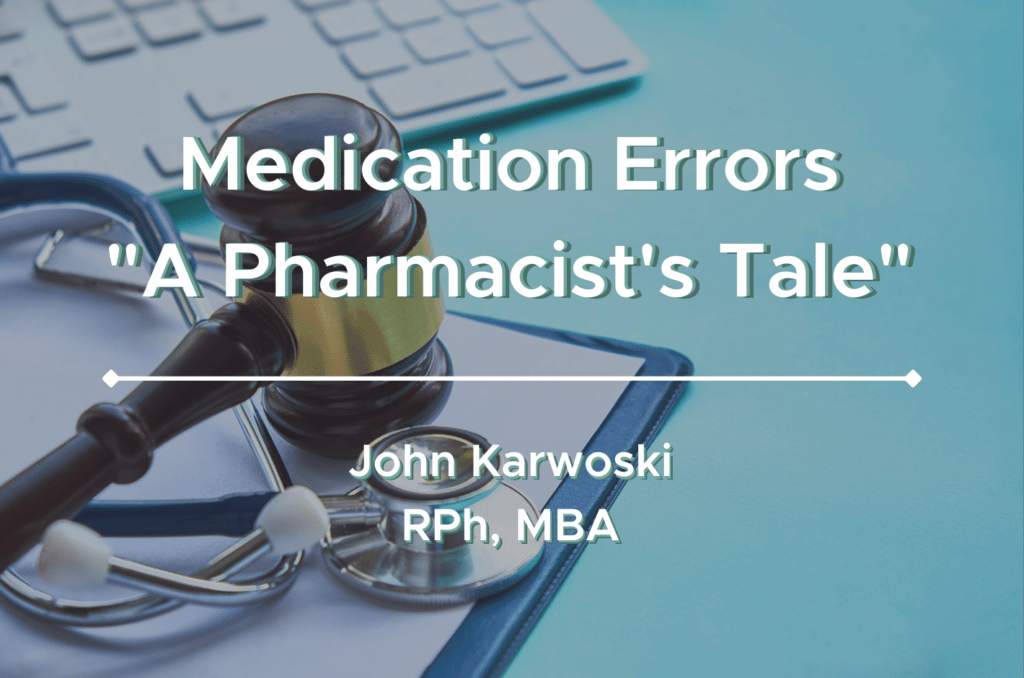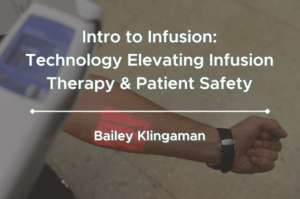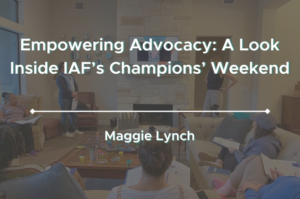JDJ Consulting Founder and President John Karwoski discusses a recent near-miss medication error and the actions he took to rectify the situation. He also provides suggestions for ways to prevent medication errors and near-misses in the future.
I was working at the hospital last night and caught a “near-miss.”
 The physician ordered a 4000 unit bolus dose of heparin. The technician prepared and brought me the 4 mL labeled syringe, along with the vial of heparin to check. Upon closer inspection, I realized the vial he used was a concentration of 10,000 units per mL. This syringe contained 40,000 units of heparin, enough probably to kill this 70-some year-old patient.
The physician ordered a 4000 unit bolus dose of heparin. The technician prepared and brought me the 4 mL labeled syringe, along with the vial of heparin to check. Upon closer inspection, I realized the vial he used was a concentration of 10,000 units per mL. This syringe contained 40,000 units of heparin, enough probably to kill this 70-some year-old patient.
I showed the “new” technician, a young college student looking to go to medical school and follow in his father’s footsteps. He prepared the correct dose and we sent it up.
I was still thinking about the error I caught later that evening and went over to the technician to explain that I had made an error as a young pharmacist. I had mixed the wrong dose of a chemo drug, and it brought me back to an old pharmacist lesson: read labels 3 times. I told him I still do this today and that it works. He was grateful to me for the suggestion.
I could not sleep that night thinking of that “near-miss”. When it happened, I wanted to show my supervisor, but the other staff said that would just get the technician in trouble.
Errors should not have that type of repercussion. We should learn from errors and everyone should be encouraged to bring them forth.
As a consultant, I have reviewed numerous medication errors at surgery centers through the years and have tried to offer suggestions to prevent future errors. I have a few ideas to think about.
Suggestions to Prevent Future Errors
- READ LABELS 3 TIMES: The first time is when you pick up the drug, the second is when you prepare the drug, and the third is before you administer the drug.
- If you treat pediatric patients, I would implement a policy that a second nurse check all medications prior to administration. Please tell your staff they must read everything on the label.
- A few drugs found in ASCs should be handled more carefully. First, if you stock concentrated KCl vials, remove them from the facility! You do not need them, and if your anesthesiologist questions you, have them call me. If all else fails, you can purchase KCL riders already diluted.
- KCL isn’t the only concentrated electrolyte. 23.9% sodium chloride and magnesium sulfate vials must also be further diluted prior to administration.
- My recommendation is to place these drug vials in bins or plastic bags wherever they are stored and label them in big letters, “STOP: MUST BE DILUTED BEFORE ADMINISTRATION.”
- You can also store these drugs away from other drugs, and even as far as keeping them in the director’s office where you would have to ask for a vial. (Don’t forget about the Anesthesia carts where I see mag sulfate vials occasionally. And mag sulfate is also on some crash carts which is OK if labeled correctly.)
- Another drug on some ASC formularies is 0.75% bupivicaine (Marcaine, Sensorcaine). Bupivicanine toxicity is very dangerous and this strength can cause toxicity a lot quicker then the 0.25% or 0.5%. Have your intralipid protocol attached to the lipids IV bag or bottle.
- Review your formulary for high risk drugs, and sound-alike, look-alike drugs.
- Visit ISMP to find out more about what drugs can be dangerous, talk to your consultant pharmacist, and develop policies on safe handling of these drugs.
- Promote error reporting from your staff and don’t forget “near-misses,” because I didn’t and it saved someone’s life.





